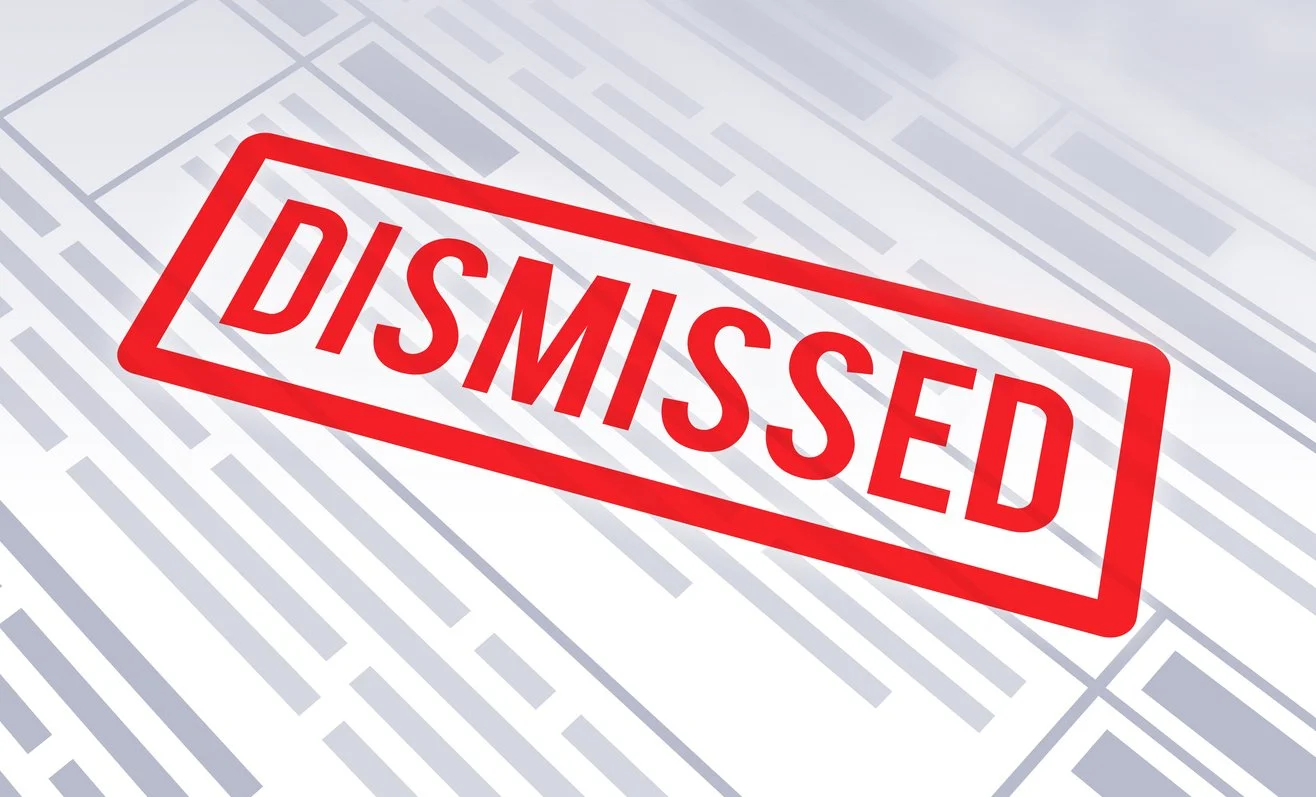What Types of Crimes Can Be Expunged in Texas?
It’s no secret that having a criminal record makes life harder. Renting an apartment, seeking a job, filing for child custody—all of these can be much more difficult if you have a crime listed next to your name.
However, what many people don’t realize is that, in some circumstances, their Texas criminal record can be improved through certain legal procedures.
Depending on your criminal case outcome, you might be eligible for:
An expungement (also called expunction), which completely erases any record of the charge. These are only eligible following case dismissals or similar outcomes.
A non-disclosure order (also referred to as record sealing), which hides the record from most public sources. These also have specific eligibility requirements.
Learn more about how expungements vs. nondisclosures in Texas compare here.
An expunction is truly one of the most powerful tools in criminal law. If you qualify, it is vital that you take advantage of the opportunity to improve your criminal standing.
In this article, Chris Perri Law explains what types of crimes can be expunged in Texas and what you need to know about expungement eligibility. To speak directly with our team now, call (512) 269-0260.
What Is an Expungement in Texas?
An expungement, also known as an expunction, is a court-ordered procedure that clears an individual’s criminal record in Texas. An expunction destroys all records of the charge—even for law enforcement. Once expunged, the arrest will no longer appear on background checks, which is especially important for those seeking employment or housing in competitive markets like Austin, Texas and throughout Central Texas.
That said, expungement is a highly technical process with many specific rules and qualifiers. A criminal defense attorney with extensive experience in Texas expunction law can help determine whether a case is eligible.
What Crimes Are Eligible for Expunction in Texas?
Many people wonder what kind of crimes can be expunged: I was charged with an assault in college in Williamson County, I was arrested for possession of marijuana in Austin, a cop locked me up for a DWI in Hays—can I get this off my record?
But when it comes to expungement, what matters most is not the charge—it’s the outcome of the case.
To be eligible for an expunction in Texas, your case must have resulted in a complete case dismissal. If you received a conviction or deferred adjudication—no matter how minor the offense—you are not eligible.
Sometimes it’s obvious that a case was dismissed and therefore eligible for expungement. Other times, different legal terms are used that mean essentially the same thing.
Here are some outcomes where an expungement may be possible in Texas:
Case dismissal
Trial acquittal
Deferred prosecution
Pretrial diversion completion
“No bill” issued by a grand jury
Governor’s pardon
Exoneration
Are There Time Restrictions on When to Apply for an Expunction in Texas?
Before applying for an expungement in Texas, a person is usually required to wait until the statute of limitations for a charge has expired. The statute of limitations is the amount of time a prosecutor has to pursue a case.
According to Texas law, statutes of limitations generally break down as follows:
Most misdemeanors: two years (three years for family violence assault)
Most felonies: three years
Some serious felony crimes, such as murder, have no statute of limitations.
Because some criminal offenses have no statute of limitations, those arrest records may never qualify for expungement. However, exceptions are sometimes granted, depending on the specific circumstances.
Can You Ever Get an Early Expungement?
Yes, in certain situations, an early expungement may be a viable option, such as if you successfully completed a pretrial diversion program.
Further, some Texas counties, including Travis County, may be more open to granting early expunctions, depending on case details.
An attorney with ample knowledge of expunction law and local policy can provide a more tailored expectation regarding the quickest possible timeline to clearing your name.
To Be Clear: Convictions Are Not Eligible for Expunction—But You May Still Have Options
As noted above, any criminal conviction—even if you pled to a lesser charge—will prevent expungement. This is important to consider when plea-bargaining: if you plead guilty or accept deferred adjudication, you cannot later expunge the arrest from your record.
That said, following a conviction in Texas, you may still have options to improve your record. For example, you may be eligible to seal your record through a non-disclosure order. While record sealing is not as powerful as an expunction, it can help conceal a criminal record from many public entities, including landlords, most employers, schools, and more.
If you believe your conviction was wrongful and now want to try to reverse the conviction, additional legal strategies may include:
Unlike many criminal defense attorneys in Texas, Chris Perri has handled post-conviction defense cases for over twenty years. He is passionate about helping people pursue all possible legal options to improve their future.
A Common Misconception: Arrests—Not Just Convictions—Stay on Your Record
Many people assume they have a clean record if they’ve never been convicted of a crime. But in Texas, criminal records include both arrests and convictions.
For example, if you were arrested for Driving While Intoxicated (DWI) in Travis or Hays County but later found not guilty, that initial arrest can still appear on your record unless it is expunged.
Another misconception is that arrest records disappear after a certain number of years. This is not true. Even decades-old arrests can remain visible unless formal legal action is taken.
Chris Perri Law Is Here to Help
We understand how frustrating and painful it can be to have a criminal record hold you back. Having a criminal record can feel like a dark shadow that haunts you indefinitely. However, in many cases, there are legal ways to clear or limit that record—and we are here to help.
Serving Travis County, Hays County, Williamson County, and throughout Texas, Chris Perri has over 20 years of experience helping people restore their good names. In fact, he’s one of the founding supervisors of the University of Texas’ Texas Law Expunction Project and regularly teaches attorneys how to navigate these complex procedures.
If you think your record might be eligible for expungement, the first step is to talk to a qualified criminal defense attorney. Call Chris Perri Law at (512) 269-0260 or visit www.chrisperrilaw.com to schedule a free consultation today.
Frequently Asked Questions About Expungement in Texas
Can a DWI be expunged in Texas?
Driving While Intoxicated (DWI) cannot be expunged if it resulted in a conviction or deferred adjudication. However, if the case was dismissed or you were found not guilty, expungement may be possible, depending on the circumstances.
Can a dismissed charge be expunged in Texas?
Yes, most dismissed cases qualify for expungement, though waiting periods and other legal requirements may apply.
What is the difference between an expunction and a non-disclosure order in Texas?
Expungement erases the record entirely, as if the arrest or charge never occurred. A non-disclosure order seals the record from most public searches but does not destroy it. You can learn more about how they compare here.
My conviction is over seven years old. Can I now expunge it?
Unfortunately, convictions in Texas are almost never eligible for expunction, no matter how much time has passed. However, depending on the specifics of your case, you may be eligible for a non-disclosure order instead.
Can prosecutors still see arrest records that are expunged?
No. After an expungement, the records are essentially destroyed. Law enforcement agencies, including prosecutors in federal or state court, are generally no longer able to access the arrest records or use them in future cases.



